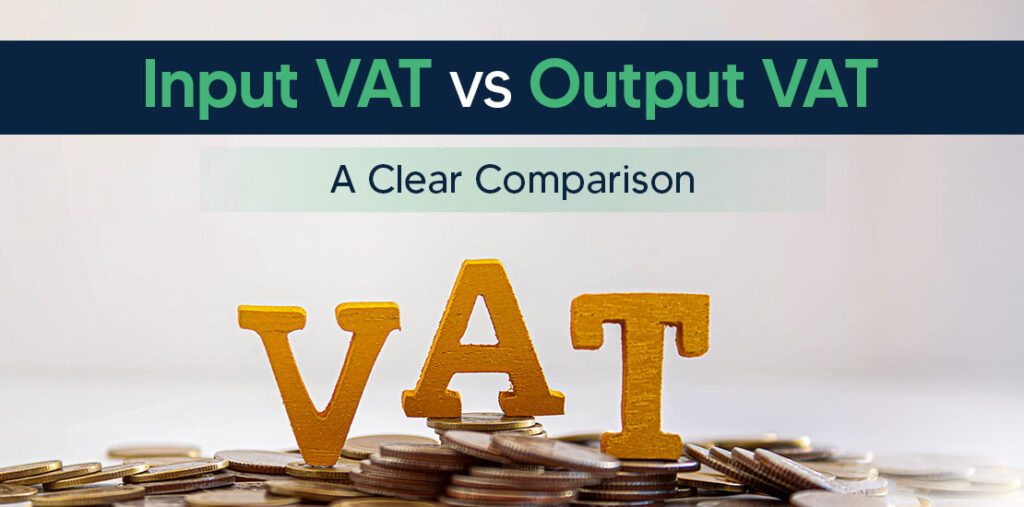In today’s rapidly shifting business environment, Dubai stands at the forefront of digital transformation, and accounting is no exception. As the UAE continues its journey toward a fully digital economy, accounting and bookkeeping practices are evolving to become more than just number-crunching tasks—they are becoming strategic assets that drive business intelligence and growth.
From AI-powered tools to cloud-based platforms and regulatory reforms, the future of accounting in Dubai is bright, fast-paced, and deeply integrated with technology.
Let’s explore what lies ahead for bookkeeping and financial reporting in one of the world’s most innovative business hubs.
1. Cloud-Based Accounting Is Becoming the Norm
Manual spreadsheets and paper-based records are quickly becoming obsolete. Companies in Dubai—ranging from startups to large enterprises—are embracing cloud accounting solutions like QuickBooks, Xero, and Zoho Books to manage their books with speed and accuracy.
These platforms offer:
- Real-time financial insights
- Simplified VAT tracking and submission
- Remote access for distributed teams
- Seamless integration with banking, POS, and payroll systems
In a city that thrives on fast decisions, instant access to accurate financial data is no longer a luxury—it’s a necessity.
2. AI and Automation Will Replace Repetition
AI is reshaping the future of finance globally, and Dubai is leading the charge in the Middle East. Today, AI tools are being used to:
- Automatically categorize expenses
- Reconcile bank statements
- Detect anomalies or potential fraud
- Generate forecasts based on historical data
As automation replaces repetitive accounting tasks, human accountants in Dubai are shifting toward financial advising and strategy. This transition is empowering businesses to make smarter, data-driven decisions in real time.
3. Compliance Is Driving Innovation
With the introduction of UAE corporate tax, VAT, and growing scrutiny from the Federal Tax Authority (FTA), compliance is now a top concern for every business.
To stay compliant, companies are turning to:
- VAT-ready accounting software
- Tax dashboards with automated reminders
- Outsourced firms specializing in bookkeeping in the UAE with real-time compliance features
The future of accounting in Dubai is not just about reporting, but about proactively managing risk and regulatory obligations.
4. Bookkeeping as a Strategic Service
Traditional bookkeeping was once viewed as a task for closing the books at month-end. Today, it’s evolving into an ongoing, strategic function.
Modern bookkeeping in Dubai includes:
- KPI tracking
- Cash flow forecasting
- Management reports
- Investor-ready financial summaries
SMEs and tech startups in Dubai are increasingly partnering with outsourced accounting teams to get real-time insights, strategic planning, and a clearer picture of their financial health, without hiring in-house finance teams.
5. Government-Led Digital Initiatives
Dubai’s leadership continues to push digital transformation through initiatives like:
- Smart Dubai
- The Dubai Paperless Strategy
- The UAE’s Digital Economy Strategy
These policies are accelerating the adoption of e-invoicing, digital payment systems, and automated recordkeeping—all of which directly affect accounting and finance operations.
This momentum is expected to standardize digital bookkeeping across all industries and encourage businesses to adopt compliant, tech-friendly financial systems.
6. Integration with Business Ecosystems
The future of accounting in the UAE isn’t just digital—it’s deeply integrated. Financial systems are now connecting with:
- CRMs like HubSpot or Salesforce
- Inventory tools like TradeGecko
- Payroll systems and HR platforms
- E-commerce platforms like Shopify and WooCommerce
This interconnectivity enables accountants to see a complete financial picture, not just isolated reports, leading to better decision-making and improved profitability.
7. Rise of Outsourced & Virtual Accounting
With more entrepreneurs, freelancers, and SMEs popping up in Dubai, the need for flexible accounting solutions is on the rise. Enter: Virtual CFOs and outsourced bookkeeping teams.
These professionals offer:
- Scalable financial support
- On-demand tax advisory
- Monthly reporting dashboards
- Compliance checks without a full-time salary
This trend is reshaping how small businesses approach their finances, making professional accounting in Dubai accessible to all.
Final Thoughts: Adaptation Is the Only Option
As Dubai continues to lead the region in innovation, businesses must be ready to adapt their accounting and bookkeeping practices accordingly. Whether it’s complying with corporate tax laws, embracing automation, or integrating accounting into your digital ecosystem, the future is already here.
Companies that invest in modern tools, cloud platforms, and expert partners will not only stay compliant but will also gain the agility and clarity needed to grow in a competitive market.
Bookkeeping is no longer just about balance sheets—it’s about building better businesses.





